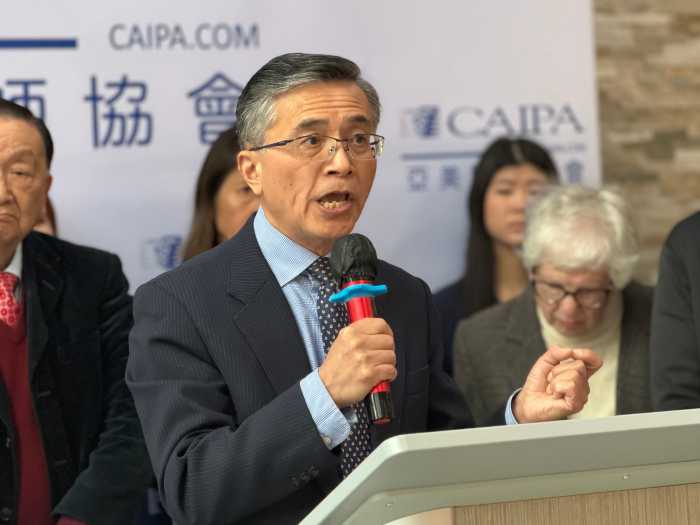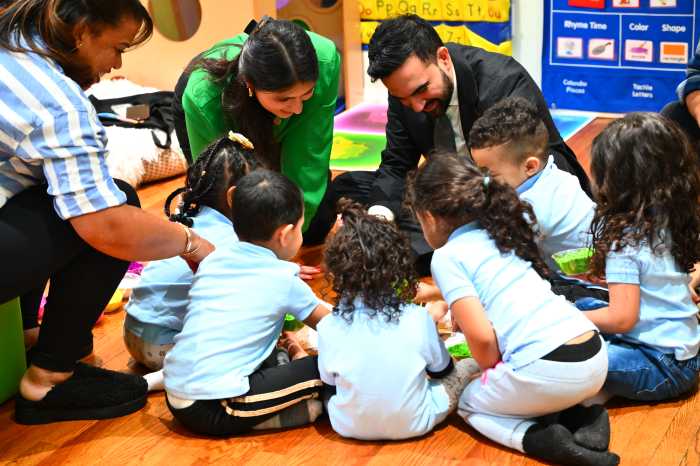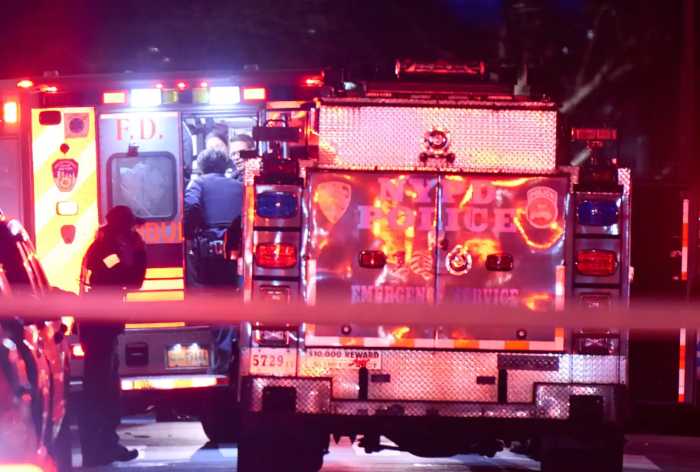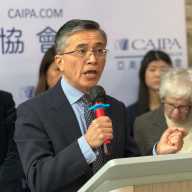For over 26 years, New Immigrant Community Empowerment (NICE), a nonprofit based in Queens, has worked to improve the lives of immigrant workers across New York City. Founded in 1999 by residents of Jackson Heights, the organization emerged in response to rising anti-immigrant sentiment and has since become a steadfast resource for workforce development and advocacy.
Queens is home to one of the largest and most diverse immigrant populations in New York City, with approximately 1.1 million foreign-born residents, making up nearly 48% of the borough’s population.
From the 1800s through today, generations of immigrants have come to New York City seeking better opportunities. NICE supports this evolving community by offering resources that help individuals gain a foothold in the workforce, including English language instruction and access to occupational certifications such as OSHA and SST licenses.
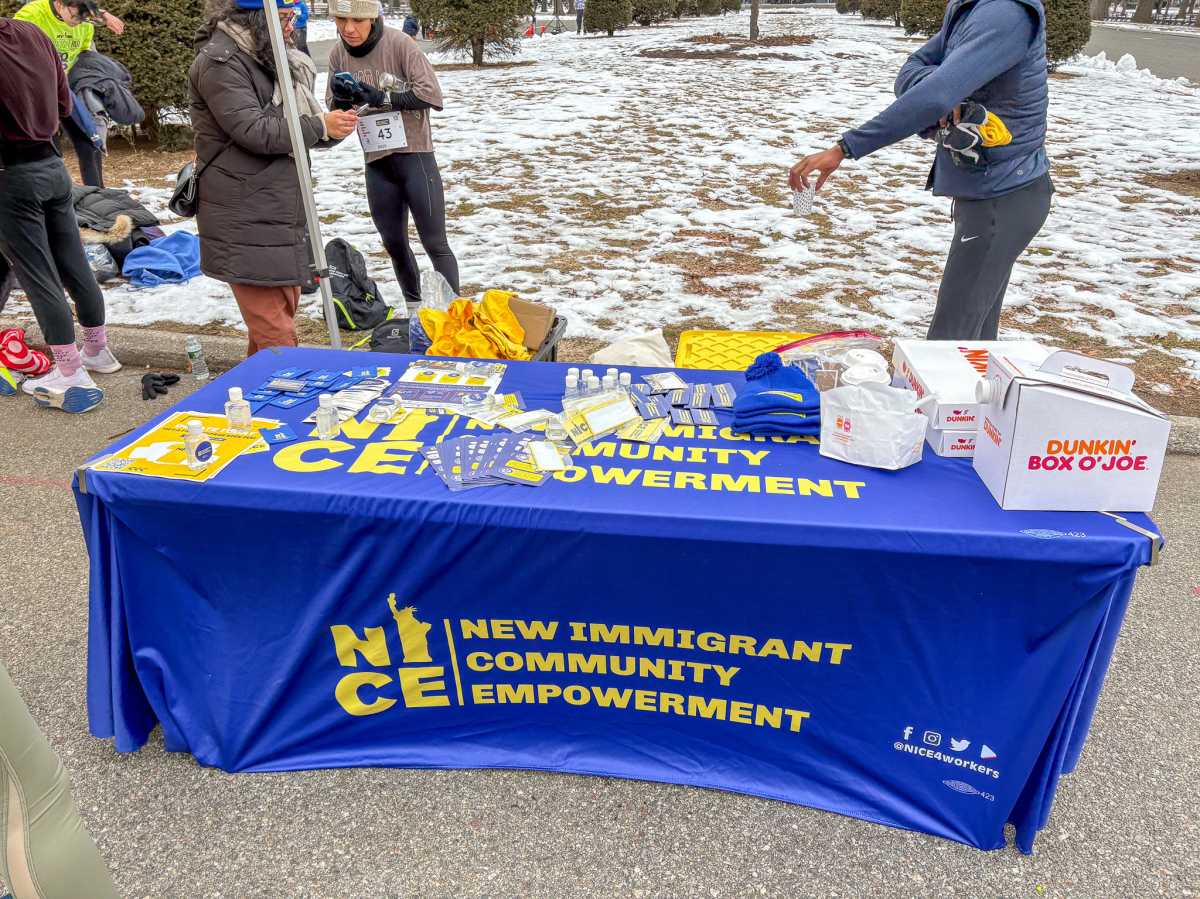
“In New York City, the immigrant community plays a major role in the service industries,” said Hidalyn Colon Hernandez, Chief of Operations at NICE. “Whether you walk into a bodega, a deli, a restaurant, or pass by a construction site, it’s clear — the backbone of these industries is the immigrant workforce. That’s a fact you can see every day on the streets.”
Hernandez emphasized that the service industry’s success depends heavily on the professionalism and labor of immigrant workers. “The city has been able to benefit, and keep growing,” she said, pointing to the crucial role of immigrants in restaurants, cleaning services and construction.
“If you go to any restaurant, who’s working in the kitchen?” she said. “And who’s serving the food? It’s the immigrant community. The same goes for anything related to building or service work — immigrants are the ones doing the job.”
Despite their contributions, many immigrant workers continue to face legal uncertainty, particularly under the administration of President Donald J. Trump. Hernandez criticized the “misconception” and “generalization” she believes the Trump administration holds about immigrant communities.
She recalled earlier waves of immigration to the U.S. involving Irish, Italian and Polish populations, and argued that newer immigrant communities deserve equal treatment and recognition. “A good example is Elon Musk,” said Hernandez. “He’s originally from South Africa — an immigrant himself — and he’s built a company, Tesla, that’s changing the world. I think this administration holds a narrow and negative view of what an immigrant is. But in reality, being an immigrant is something very positive.”
Hernandez said the administration has failed to clearly articulate its policies, leaving many immigrants uncertain about their legal standing. She pointed to cases of individuals with Temporary Protected Status (TPS) being detained or deported without explanation, including those who had pending court hearings.
Despite these challenges, Hernandez remains hopeful, citing strong support from New York State legislators for pro-immigrant bills.
“We’re at that moment in this country where a decision has to be made about the direction we’re heading,” she said. “Some states are pro-immigrant, they recognize immigrants as human beings who contribute, and they shape their policies accordingly. But other states take the opposite stance, saying, ‘Nope, they’re undocumented. We won’t support them. We don’t even consider them part of this country.”


